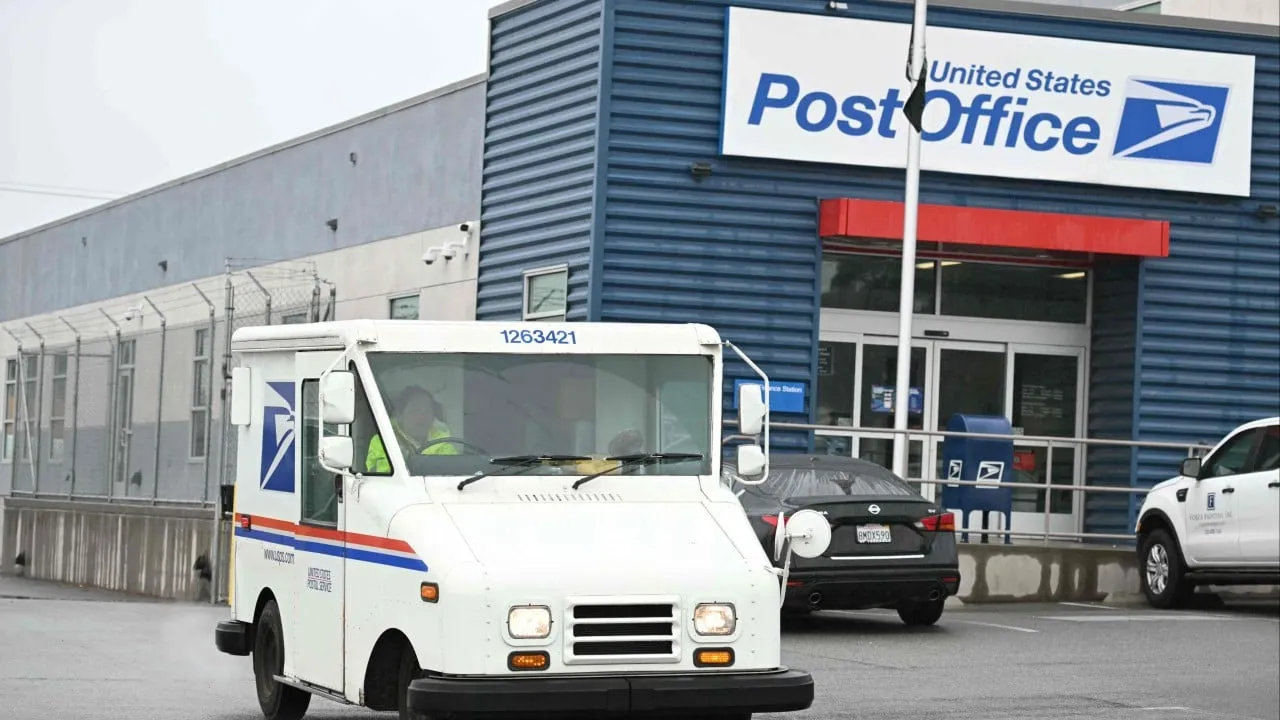China's 2024 Exports Propel Hang Seng Index Amid US Trade Policy Shift

Hong Kong stocks rose on Thursday, following gains in the US as traders responded to nonstop news around the trade battle between the world's two largest economies. The Hang Seng Index advanced 0.1 percent to 20,614.20 at 10.05am local time, on track for a fourth consecutive weekly gain. The Hang Seng Tech Index rose 0.4 percent.
Mainland China's benchmarks, the CSI 300 Index and the Shanghai Composite Index, both rose 0.1 percent. Sunny Optical Technology climbed 3.8 percent to HK$75.20, machine tool maker Techtronic Industries rose 2.9 percent to HK$102 and Lenovo Group jumped 2.9 percent to HK$11.26. Tencent-backed e-book seller China Literature surged 6.3 percent to HK$28.65, while Hua Hong Semiconductor rose 3.2 percent to HK$26.10 and its peer Semiconductor Manufacturing gained 3 percent to HK$46.05.
Leading decliners included Alibaba Health Information, which lost 3 percent to HK$3.59, and Baidu, dropping 1.8 percent to HK$86.25. Meituan dipped 1.7 percent to HK$148.30, while Kuaishou Technology declined 1.8 percent to HK$44.60.
“Our playbook for Trump 2.0 was to buckle up for higher volatility,” Louis Luo, head of multi-asset investment solutions for Greater China at Abrdn, said in a note on Wednesday. Amid US-China trade tensions, his firm is investing more in China as it is better positioned than emerging-market peers in the near term.
“The initial stance on China is softer than expected,” Luo stated. “We think tensions will escalate in a few months’ time as we are near the TikTok ban deadline, but we have a window to play.” The market gains came after the US Postal Service reversed a decision to halt inbound shipments from mainland China and Hong Kong. US President Donald Trump’s ending of “de minimis” treatment for China, which allowed small packages valued under US$800 to enter the US duty-free, threatened Chinese retailers and logistics companies such as Alibaba Group Holding, JD.com, and SF Holding.
China's 2024 exports under the exception totalled around US$240 billion, accounting for 7 percent of total exports and 1.3 percent of gross domestic product (GDP), according to Nomura. The Japanese investment bank's analysts estimated that the ban would have reduced China’s export growth by 1.3 percentage points and cut GDP growth by 0.2 percentage points this year.
The key US indices rose for the second day this week on Wednesday despite mixed tech earnings and economic data. Elsewhere, major Asian benchmarks rose. Japan’s Nikkei 225 gained 0.2 percent, South Korea’s Kospi added 0.7 percent, and Australia’s S&P/ASX 200 climbed 1 percent.
This article was prepared using information from open sources in accordance with the principles of Ethical Policy. The editorial team is not responsible for absolute accuracy, as it relies on data from the sources referenced.